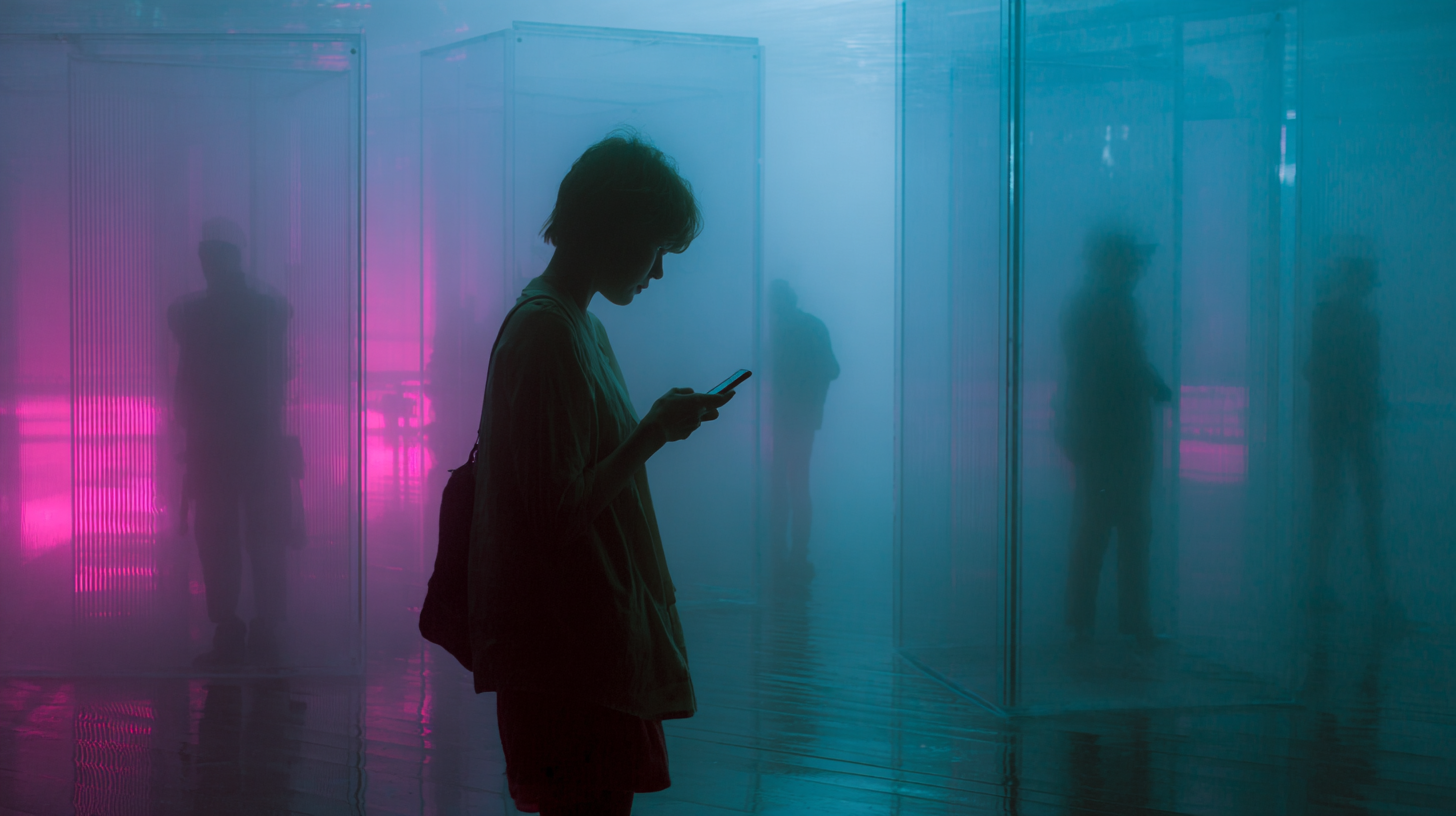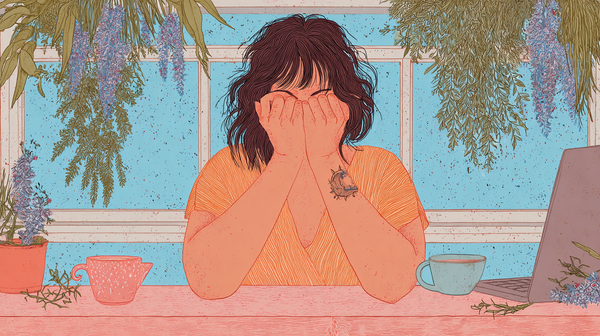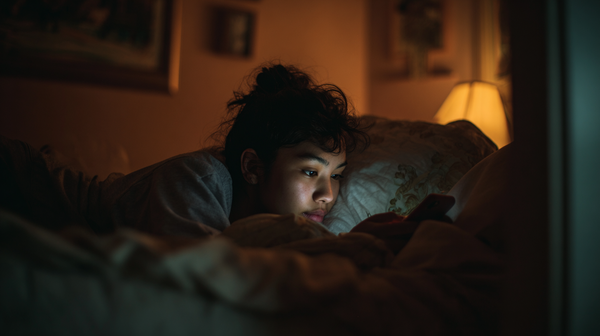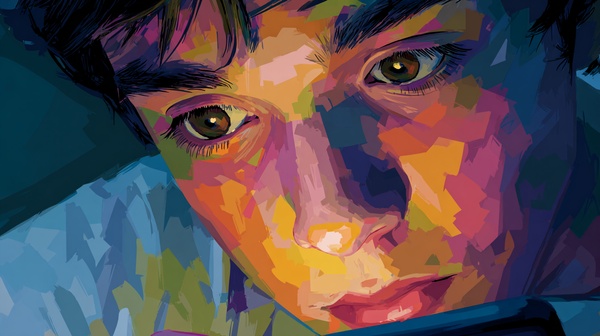Filter & Facade: How Social Media's Pursuit of Perfection Is Breaking Gen Z's Mental Health
Filters and curated feeds promise perfection but deliver anxiety, body dysmorphia, and burnout. Discover how dark psychology fuels Gen Z's comparison trap-and how to resist it.

You wake up, roll over, and before your feet even touch the floor-you're already behind. The feed tells you so. Friends are thinner, richer, happier. Their skin glows; their lives glow. Theirs is a world of brunches, sunsets, abs, and affirmations. Yours? A smudge on the lens, a notification you missed, a face you wish looked different.
This is the modern mirror: not glass, but glass screens. A mirror that doesn't reflect you back as you are-but as you should be. A world where filters smooth the cracks, algorithms magnify the flawless, and self-worth hangs on a fragile scaffolding of likes, shares, and fleeting validation.
For Generation Z, there is no "log off." Perfection isn't just presented; it's demanded. And the cost is more than cosmetic-it's psychological. Anxiety, body dysmorphia, depression: the invisible scars left behind by a culture addicted to its own façade.
This is not vanity. This is dark psychology at scale.
The Filtered Self: Why Online Perfection Hurts Offline Reality
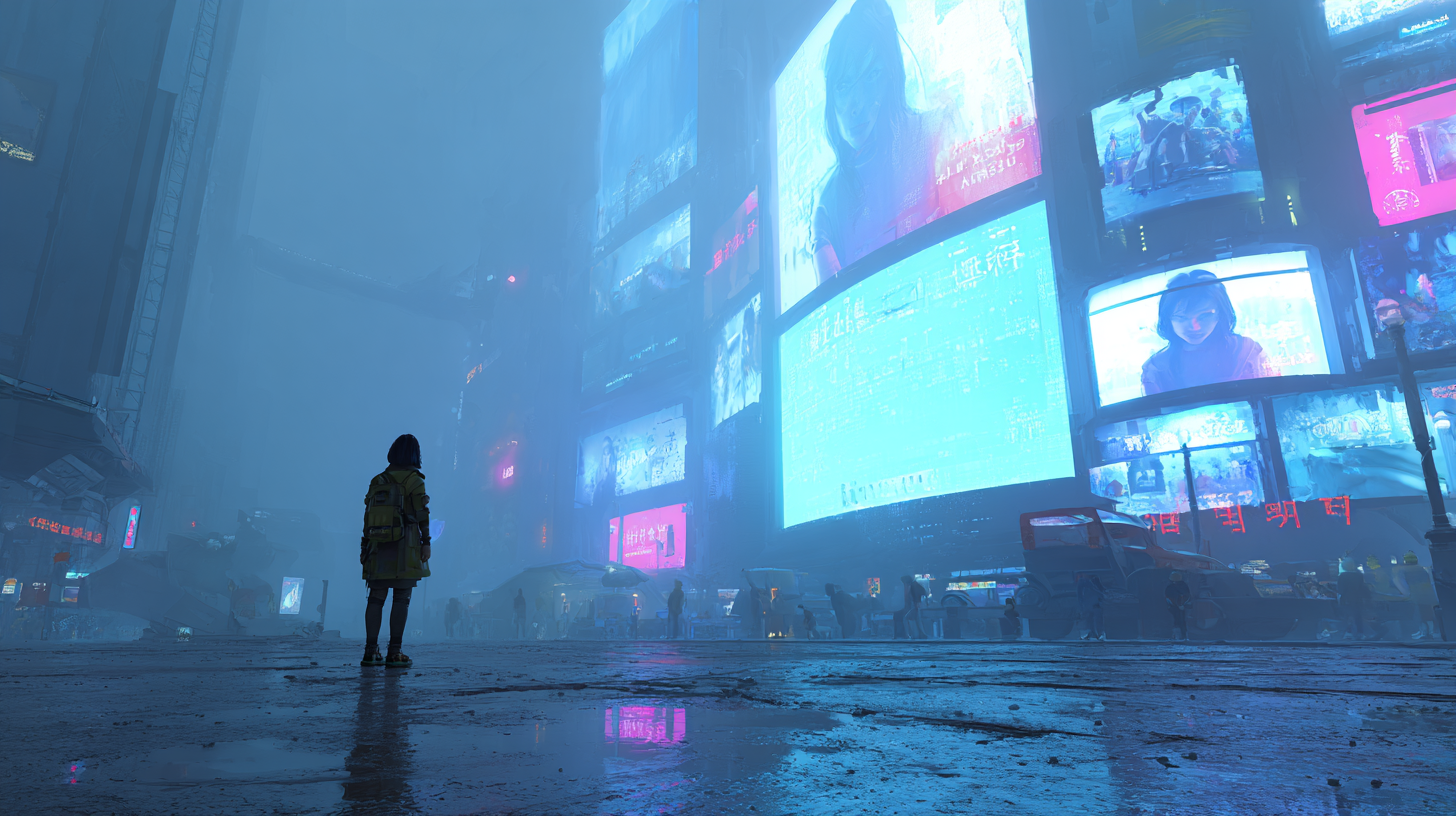
Social media doesn't just show us pictures; it rewires how we measure ourselves. Behind every swipe and scroll, three psychological levers are pulled: comparison, fear, and validation.
1. Social Comparison Theory
Psychologist Leon Festinger's 1954 theory still holds: we define who we are by comparing ourselves with others. On Instagram or TikTok, those comparisons are almost always upward-to people who appear richer, prettier, happier. Studies show that upward comparison intensifies feelings of inadequacy, leading to lower self-esteem and greater depressive symptoms. In one review, adolescents with high exposure to image-based platforms were most vulnerable to this downward spiral.
2. The Fear of Missing Out (FOMO)
The feed is a highlight reel of lives you're not living: parties you weren't invited to, trips you can't afford, milestones you haven't hit. FOMO is more than annoyance, it's anxiety sharpened by constant reminders of exclusion. Researchers link FOMO directly to compulsive social media use, poor sleep, and elevated stress. The design isn't accidental: platforms are engineered to trigger this fear to keep you connected, even when it hurts.

3. Dopamine Loops and Validation-Seeking
Likes, comments, and shares aren't just vanity metrics-they're biochemical triggers. Each notification delivers a hit of dopamine, the same neurotransmitter that fuels gambling addiction. But the high is short-lived, leading to a cycle of posting, checking, refreshing. This loop creates dependence: our sense of worth becomes contingent on external approval, meted out by an algorithm that decides whose face gets seen.
These mechanisms, when combined, form a psychological cage: I compare, I feel less, I seek validation, I refresh, I compare again. A cycle as invisible as it is exhausting.
From Fun to Fatal: The Rise of Filter Dysmorphia

At first, filters were harmless. Dog ears, rainbow vomit, playful distortions. But somewhere between Snapchat streaks and TikTok's "Bold Glamour," filters stopped being fun and started becoming fatal to self-perception.
The Illusion of Perfection
Filters don't just add sparkle; they alter bone structure. Skin is smoothed, noses narrowed, eyes enlarged, jaws sharpened. With one swipe, flaws vanish. But perfection doesn't stay on screen-it creeps into the mirror. When teens see their filtered selves daily, their real reflection begins to feel like a defect.
Filter Dysmorphia
Doctors now describe a phenomenon called Snapchat Dysmorphia: patients asking cosmetic surgeons to make them look like their filtered selfies. Unlike traditional body dysmorphia, where the distortion lives in the mind, this version is generated by technology itself. The bar for "beauty" has shifted-not upward, but into unreality.
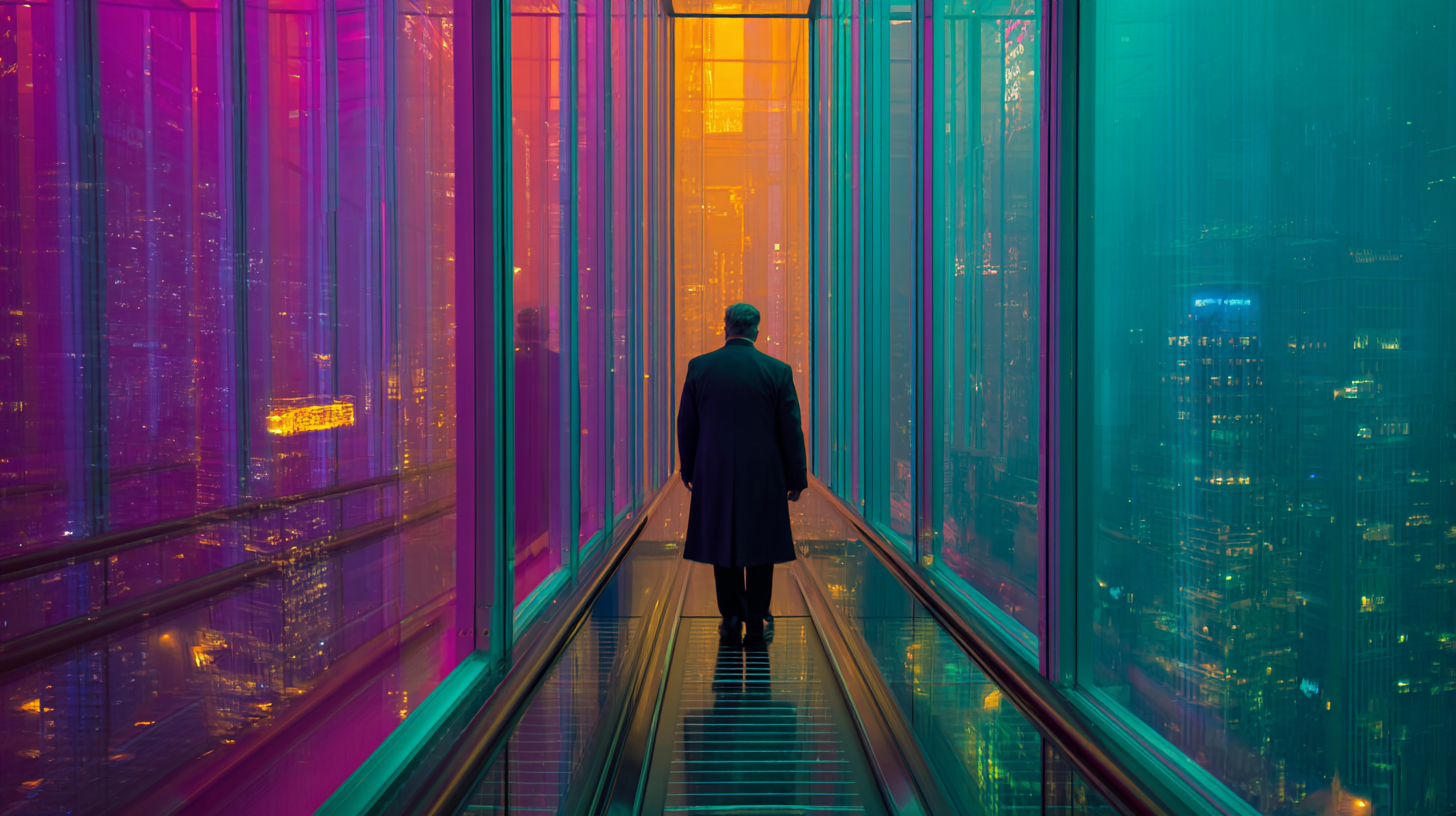
The Research Alarm Bells
A Dove Self-Esteem Project survey found 80% of girls had already used filters or editing apps by age 13, and 60% said they wished their real appearance matched their edited one. TikTok's "Bold Glamour" filter racked up 220 million videos in its first week - and critics warned it was so convincing, it blurred the line between reality and simulation. Mental health researchers now link frequent filter use to higher rates of body dissatisfaction, depressive symptoms, and disordered eating.
Cultural Bias Baked In
It's not just about looking "better" - it's about looking whiter. Many filters privilege Eurocentric features: lighter skin, smaller noses, straighter hair. The digital beauty standard, then, doesn't just harm individuals; it reproduces systemic bias.
What started as a playful edit has become a daily performance of perfection, with real mental consequences. Filters promise beauty. What they deliver is a generation alienated from their own faces.
Gen Z's Silent Struggle: Anxiety, Depression, and Addiction

The pursuit of perfection doesn't stay in the feed-it seeps into the psyche. For Gen Z, raised on screens, filters and curated personas are not a supplement to life; they are life. And the results are showing up in waiting rooms, crisis hotlines, and hospital wards.
Anxiety and Depression on the Rise
Studies consistently link heavy social media use - especially image-based platforms like Instagram and TikTok with higher rates of anxiety, depression, and loneliness. The "compare-despair" cycle leaves young people convinced they're failing at life simply because their reality doesn't match someone else's edited highlight reel.
Body Dissatisfaction and Self-Harm
Leaked internal research from Instagram revealed the company knew their platform was worsening body-image issues for one in three teenage girls. For some, dissatisfaction escalates into eating disorders or self-harming behaviors, amplified by algorithmic recommendations that funnel vulnerable users toward harmful content.
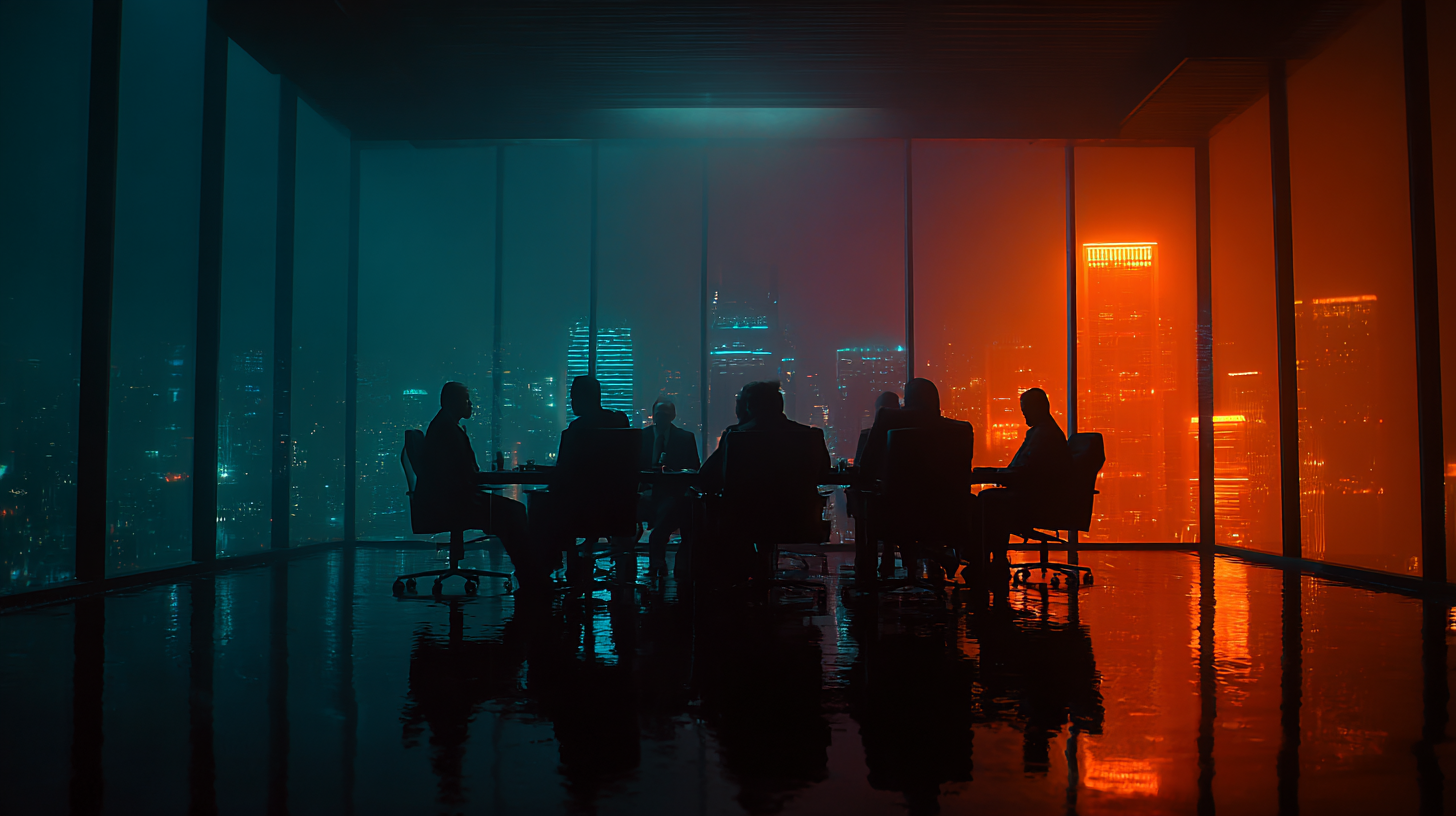
Addiction to the Scroll
It isn't just psychological-it's behavioral. Teens describe themselves as "addicted but powerless." Many report compulsively checking notifications late at night or immediately upon waking, sacrificing sleep, focus, and mental stability. Neurobiological studies show that these compulsions mirror addictive patterns seen in gambling and substance use.
The Cumulative Toll
The damage isn't one-off, it compounds. Each day of comparison, each night of endless scrolling, adds another brick to the wall of exhaustion. What begins as entertainment becomes entrapment. For Gen Z, the filter is no longer a playful mask - it's a constant reminder that who they are will never be enough.
Dark Psychology at Work: Manipulation by Design

It's tempting to see filters and curated feeds as individual choices. But behind those choices sit billion-dollar systems designed to shape them. What looks like self-expression is often manipulation by design.
Subtle Manipulation by Design
Platforms profit from insecurity. Every like, every filter, every viral body trend keeps users scrolling longer - and advertisers paying more. The architecture of the feed exploits known vulnerabilities in human psychology: comparison, fear, validation. This isn't accidental; it's engineered.
Algorithmic Exploitation
Leaked documents from Facebook revealed Instagram's algorithms intentionally amplified content that worsened body image in teen girls. Vulnerable users weren't shielded-they were targeted, because their heightened engagement drove clicks. The more insecure you feel, the more you scroll.

Consent Without Awareness
Teenagers don't sign up for "algorithmic nudges" when they download an app. They consent to share selfies, not to have their insecurities mined and monetised. Yet that's what happens: self-esteem is extracted, packaged, and sold back as ad impressions.
The Cultural Reinforcement of Beauty Ideals
Filters don't just distort individuals-they reinforce systemic hierarchies. Features lightened, noses slimmed, hair straightened. The platforms normalize a Eurocentric template for beauty, deepening the exclusion of those who don't fit it. Manipulation here is not just psychological but cultural: narrowing the definition of who gets to be "beautiful."
What emerges is not an accident of technology but a strategy of control. The filtered self is not just curated-it's coerced. And the price is not paid in dollars, but in dignity.
Breaking Free: How to Resist the Comparison Trap
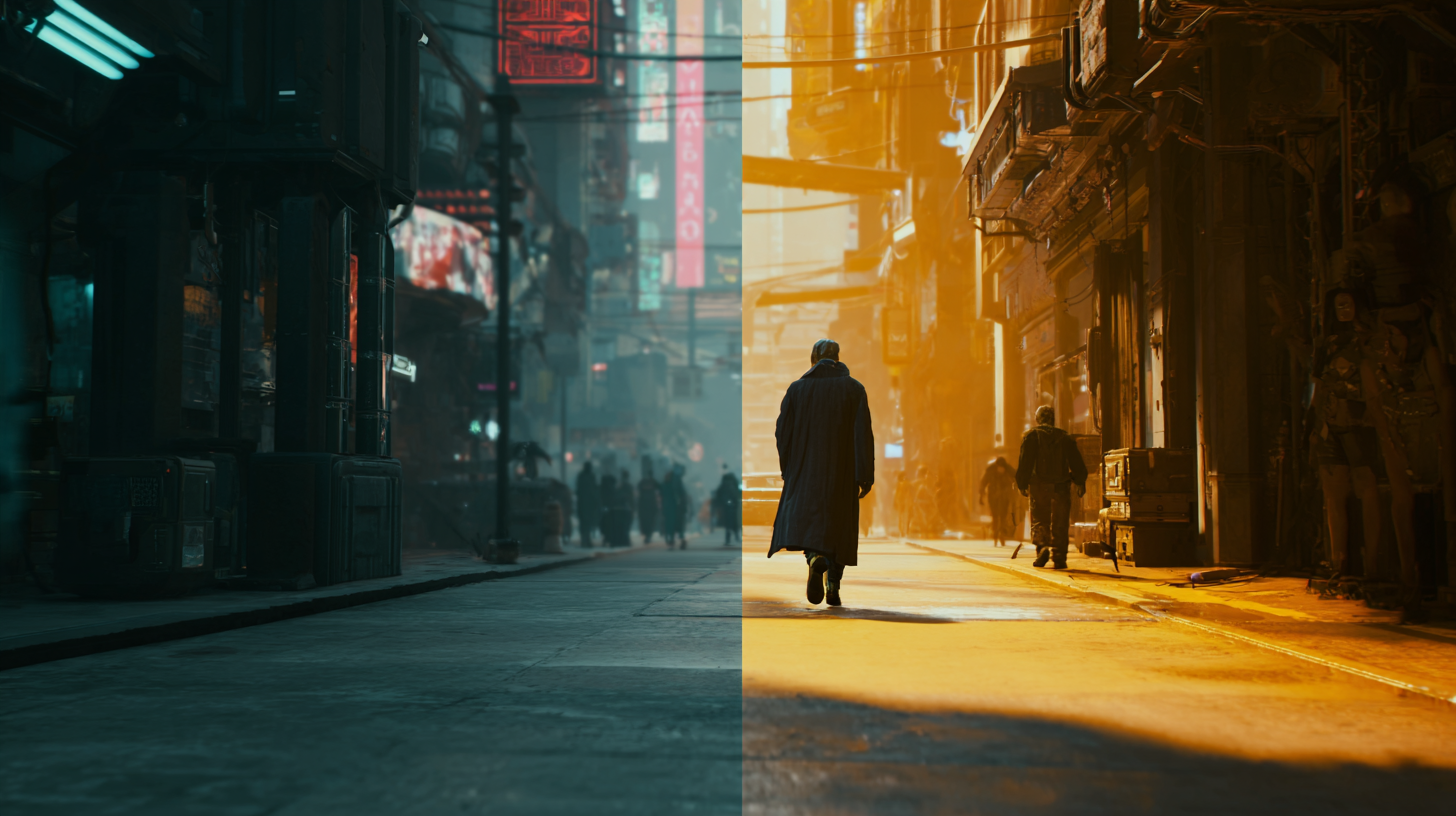
If filters and facades are cages, then the question becomes: how do we escape? The answer isn't abandoning technology altogether - but learning to resist its manipulations, reclaim our self-worth, and demand better from the platforms profiting from our pain.
Awareness & Media Literacy
The first step is recognition. Understanding that filters distort reality helps puncture their power. Teaching young people how algorithms exploit comparison and validation can turn passive scrolling into active resistance. Media literacy programs show measurable improvements in self-esteem and critical thinking about online content.
Digital Hygiene & Boundaries
Time limits, notification controls, and curated feeds act as psychological firebreaks. Choosing to follow creators who promote authenticity over aspiration shifts the input - and therefore, the internal dialogue. Even small changes: no phones in bed, app timers-reduce compulsive checking and improve mood.

From Comparison to Savoring
A promising intervention called social savoring teaches people to enjoy others' achievements without comparing them to their own. Instead of "why don't I have that," the reframe is "I'm glad they do." Early studies show this practice reduces envy and boosts life satisfaction among young adults.
Platform Accountability
Personal resilience matters - but so does systemic change. Demands for age restrictions on cosmetic filters, clear labeling of edited images, and ethical algorithms are growing louder. Regulators in the UK and EU are already exploring legislation to curb the most harmful practices. Without structural reform, the cycle of harm continues.
Offline Anchors
Finally, nothing protects like reality. Offline relationships, creative hobbies, movement, and time in nature remind us that identity is not pixelated. Anchoring self-worth in lived experience-not the screen-restores what filters steal: a sense of wholeness.
Resistance doesn't mean rejecting technology. It means refusing to let technology dictate who we are.
Beyond the Facade: Building Real Self-Worth

A filter can smooth skin, but it cannot smooth the fractures it leaves behind. Behind every flawless selfie lies an invisible transaction: authenticity traded for approval, identity traded for engagement. Gen Z has been told that perfection is a performance-and that their worth is measured in metrics they can never control.
But the real danger isn't just in the mirror. It's in the belief that self-worth is something to be earned, rather than something you already own. This is the deepest cut of dark psychology: to convince a generation that they are broken unless they conform to a standard that doesn't exist.
The way forward is not in chasing another app, another angle, another edit. It's in dismantling the facade and remembering that imperfection is not failure-it's humanity.
Because when the filter slips, what remains is not a flaw. It's the truth. And that truth is worth more than a million likes.
Want to learn the techniques of manipulation for yourself? Join the Dark Mirror Collective.
Join now for 50% off.


